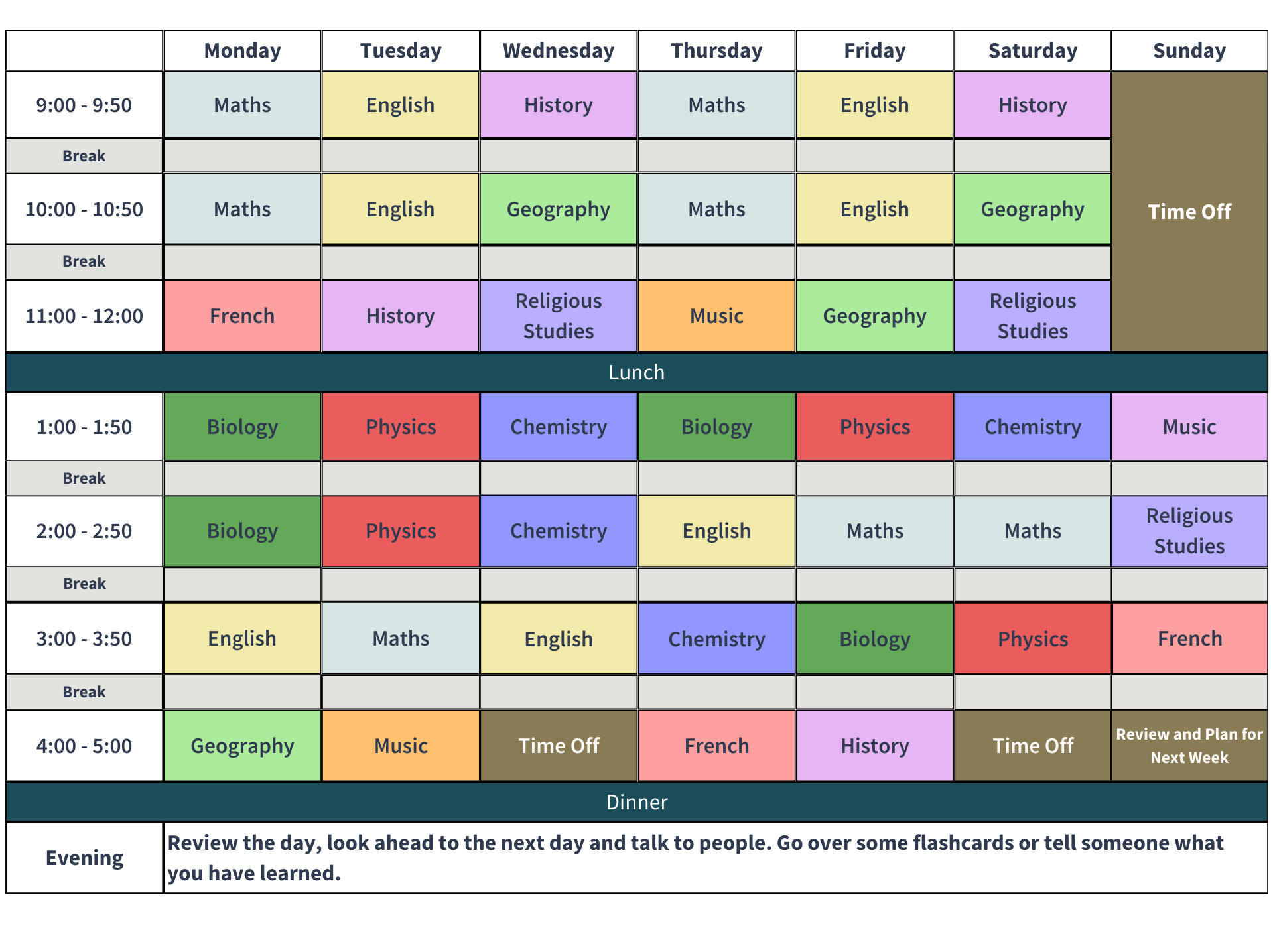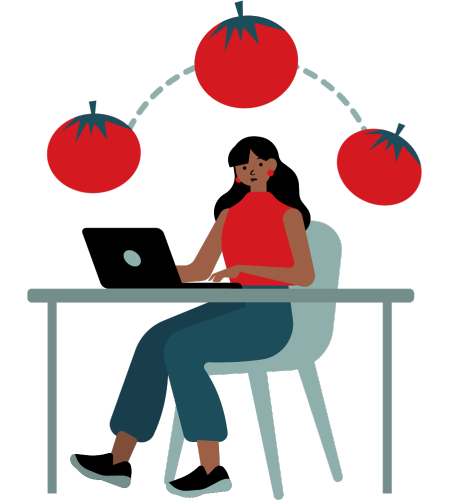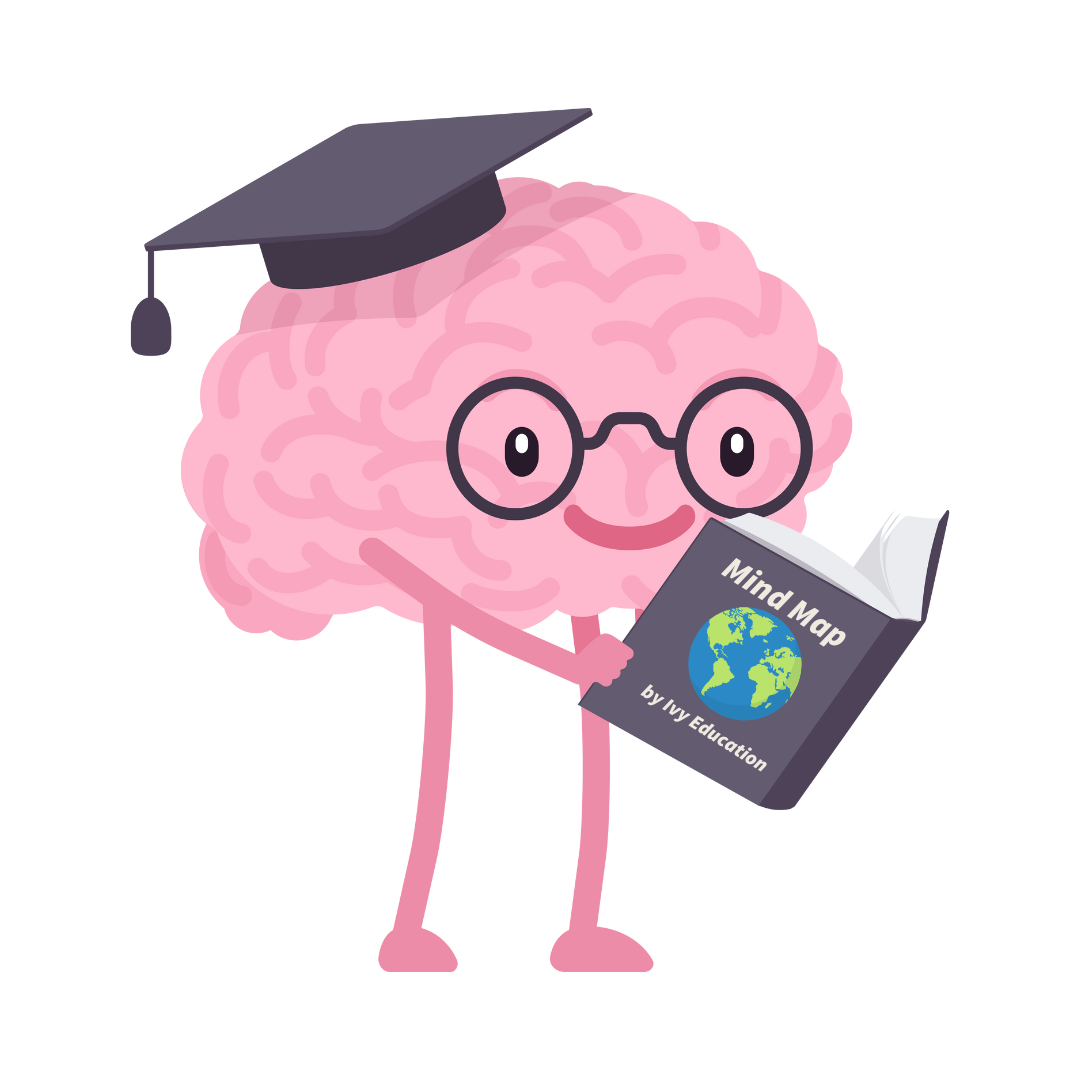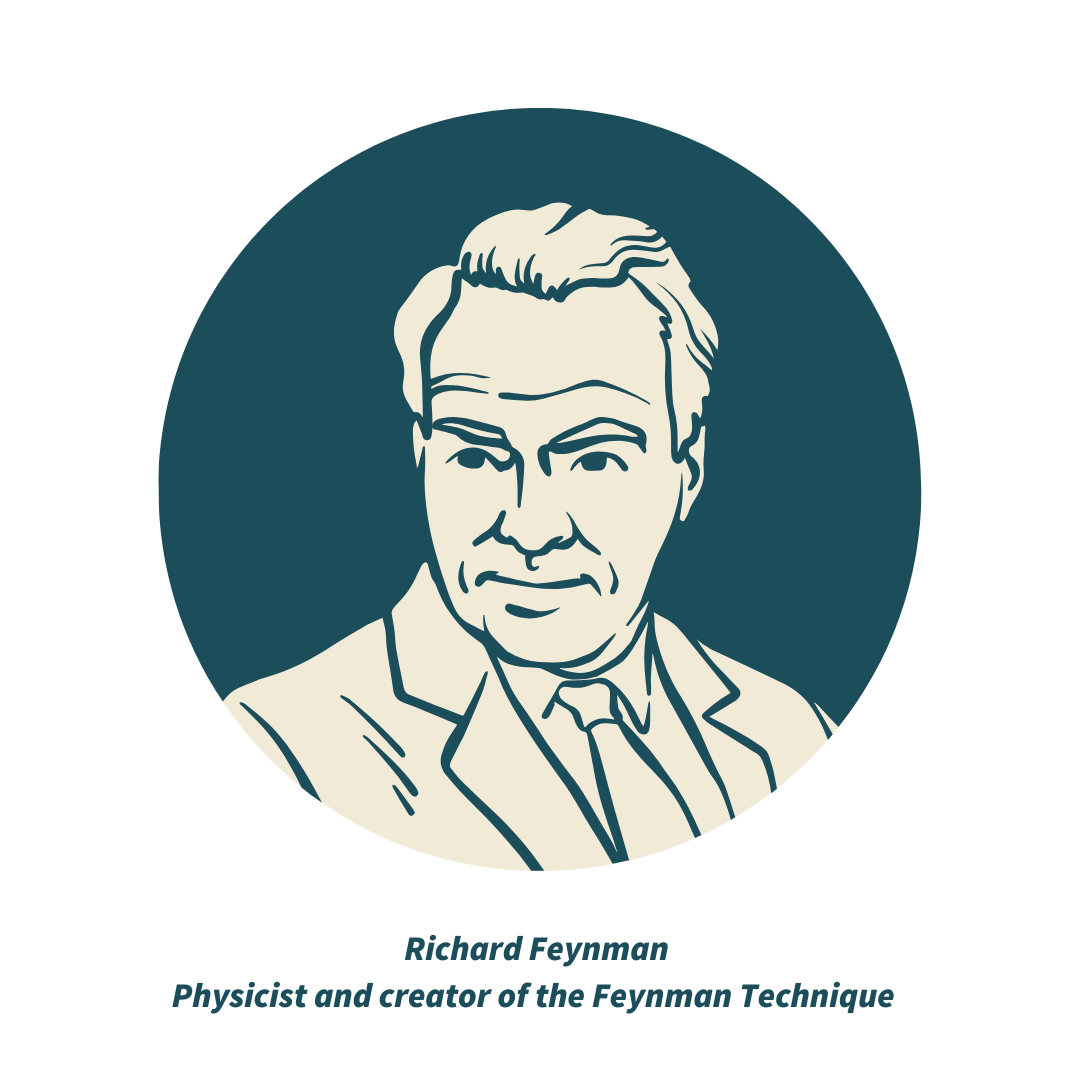Expert Insights
Revision Techniques: Stress-Free Hacks to Help Your Child Stay Focused and Confident
Published 21st February 2025 by Alastair

Helping Your Child Revise with Less Stress
Exam season can be a stressful time for both students and parents. Many students struggle with staying focused, managing their workload, and feeling confident about their revision, while parents often feel unsure of how to best support them. However, revision doesn’t have to be stressful! With the right techniques, students can revise effectively while staying calm and motivated, and parents can provide support without feeling like they’re adding pressure.
In this guide, we’ll explore proven, stress-free revision techniques that help students retain information more effectively, structure their study time, and manage exam nerves. We’ll also share practical tips for parents to help their child stay on track, build confidence, and approach exams positively.
To support parents and students during this time, education specialist Sophie Hammond will be hosting a free webinar on 12th March. This session will provide expert guidance on helping your child develop effective revision habits, manage exam stress, and create a focused study environment. Sign up here to secure your place!
Many students feel anxious about exams because they believe revision means cramming endless information into their brains. In reality, the most effective revision techniques don’t involve hours of passive studying but instead focus on engagement, recall, and consistency.
By using structured revision methods—such as active recall, spaced repetition, and past paper practice—students can improve their retention without feeling overwhelmed. The key is to work smarter, not harder.
Stress is often caused by a lack of structure, last-minute cramming, and self-doubt. A well-planned revision strategy helps students stay organised, track their progress, and feel more in control.
One of the most effective and stress-free revision techniques is active recall, which involves testing yourself rather than passively reading notes. This method forces the brain to retrieve information, making it easier to remember in the exam.
💡 How to use active recall:
- Cover your notes and try to write down everything you remember about a topic. Then, check for gaps and revise those areas.
- Use flashcards (Quizlet, Anki) to test key concepts.
- Practise past paper questions to get used to exam formats.
This technique helps students feel more confident, as they are actively engaging with the material rather than just hoping they’ll remember it on the day.

Many students experience last-minute panic because they leave revision too late. Spaced repetition eliminates this problem by reinforcing learning over time, so students retain information better and avoid stressful cramming sessions.
💡 How to use spaced repetition:
- Revise a topic today, then review it after 3 days, then 1 week, then 1 month.
- Use revision apps like Anki, which schedule reviews automatically.
- Keep a revision timetable to ensure all subjects are covered in advance.
This technique ensures that students aren’t trying to relearn everything the night before, reducing stress and increasing confidence.

Many students feel overwhelmed because they try to study for hours without breaks. The Pomodoro Technique helps maintain focus while preventing burnout by breaking revision into short, productive sessions.
💡 How to use the Pomodoro Technique:
- Study for 25 minutes, then take a 5-minute break.
- Repeat this four times, then take a longer 15-20 minute break.
- Use a timer or an app like Forest to stay on track.
Short, focused study sessions help students feel more in control and make revision less exhausting.

When revision feels overwhelming, mind mapping is a great way to simplify complex topics. This method helps students see connections between ideas, making it easier to recall information under pressure.
💡 How to create a mind map:
- Start with a main topic in the centre of a page.
- Branch out with key ideas, using arrows and colours to show links.
- Summarise using keywords and short phrases, rather than copying large chunks of text.
Mind maps reduce revision stress by making information clear, structured, and easy to review.

Many students struggle with confidence because they don’t truly understand the material. The Feynman Technique helps by encouraging students to teach a topic in simple terms, ensuring they fully grasp it.
💡 How to use the Feynman Technique:
- Choose a topic and explain it out loud as if teaching someone younger.
- If you struggle, identify knowledge gaps and revise them.
- Teaching others helps reinforce learning and build confidence.
If you would like to learn more about the Feynman Technique, YouTuber Thomas Frank has a very comprehensive video on the subject.
Encouraging a structured revision plan can significantly reduce last-minute stress. Collaborate with your child to develop a realistic timetable that balances study sessions with breaks and leisure activities. This approach not only makes the workload more manageable but also fosters a sense of control and confidence.
Providing a quiet, distraction-free study space is essential. Ensure your child has a dedicated area where they can focus without interruptions. A well-organised space with all necessary materials at hand can enhance concentration and efficiency.
Balancing revision with relaxation is crucial to avoid burnout. Encourage your child to take regular breaks, engage in physical activities, and maintain hobbies they enjoy. This balance helps rejuvenate their mind and reduces anxiety associated with continuous studying.
Offering emotional support and reassurance rather than pressure can make a significant difference. Let your child know you're there to listen and support them, regardless of the outcomes. Positive reinforcement and understanding can boost their self-esteem and motivation.
Creating a supportive and stress-free environment makes revision more effective and enjoyable, ultimately contributing to better exam performance and well-being.
| Dos | Don'ts |
|---|---|
- Encourage a balanced routine that includes study, breaks, physical activity, and rest. - Provide a quiet, distraction-free study environment. - Offer support with understanding concepts and organising study plans, while promoting independent problem-solving. - Foster open communication, allowing your child to express concerns and challenges. - Recognise and praise your child's efforts and progress to boost motivation and self-confidence. |
- Avoid nagging or putting undue pressure, as it can increase anxiety. - Don't compare your child's performance to others; focus on their personal growth. - Refrain from overprotecting or micromanaging; encourage independence. - Don't neglect the importance of regular breaks and relaxation to prevent burnout. - Avoid discussing difficult topics or subjects immediately before exams to prevent unnecessary stress. |
In the final days before an exam, students should focus on reviewing key concepts rather than trying to learn new material. Completing past papers, using active recall, and getting enough rest will do far more than last-minute cramming.
On the day of the exam, simple steps such as getting a good night’s sleep, eating a healthy breakfast, and staying calm can make a significant difference. Confidence comes from preparation, and using proven revision techniques ensures students feel ready and in control.
For more expert advice on stress-free revision, sign up for Sophie Hammond’s free webinar on 12th March. Register here to secure your place!

Effective revision techniques include active recall, spaced repetition, mind mapping, and using flashcards. These methods engage different cognitive processes, enhancing memory retention and understanding.
Assist your child in creating a realistic timetable that allocates specific time slots for each subject, incorporates regular breaks, and includes time for leisure activities. This balanced approach can reduce stress and improve productivity.
A quiet, well-organised, and distraction-free study space enhances concentration and efficiency, enabling your child to focus better during revision sessions.
Encourage open communication, provide emotional support, and promote healthy habits such as regular exercise, sufficient sleep, and balanced nutrition to help manage stress levels.
Yes, taking regular breaks helps prevent burnout, maintains focus, and improves overall productivity. Short intervals of rest can rejuvenate the mind and enhance learning efficiency.
Recognise and praise your child's efforts, set achievable goals, and incorporate varied revision techniques to keep the process engaging and less monotonous.
Avoid cramming all material at once, neglecting breaks, and passive reading without active engagement. These practices can lead to increased stress and reduced retention.
Encourage a balanced routine that includes dedicated time for study, physical activities, hobbies, and adequate rest to ensure holistic well-being.
Offer a listening ear, reassure them of your support regardless of outcomes, and consider seeking professional help if stress levels become unmanageable.
Promote regular study schedules, provide nutritious meals, ensure they get enough sleep, and encourage physical activity to maintain both mental and physical health.























